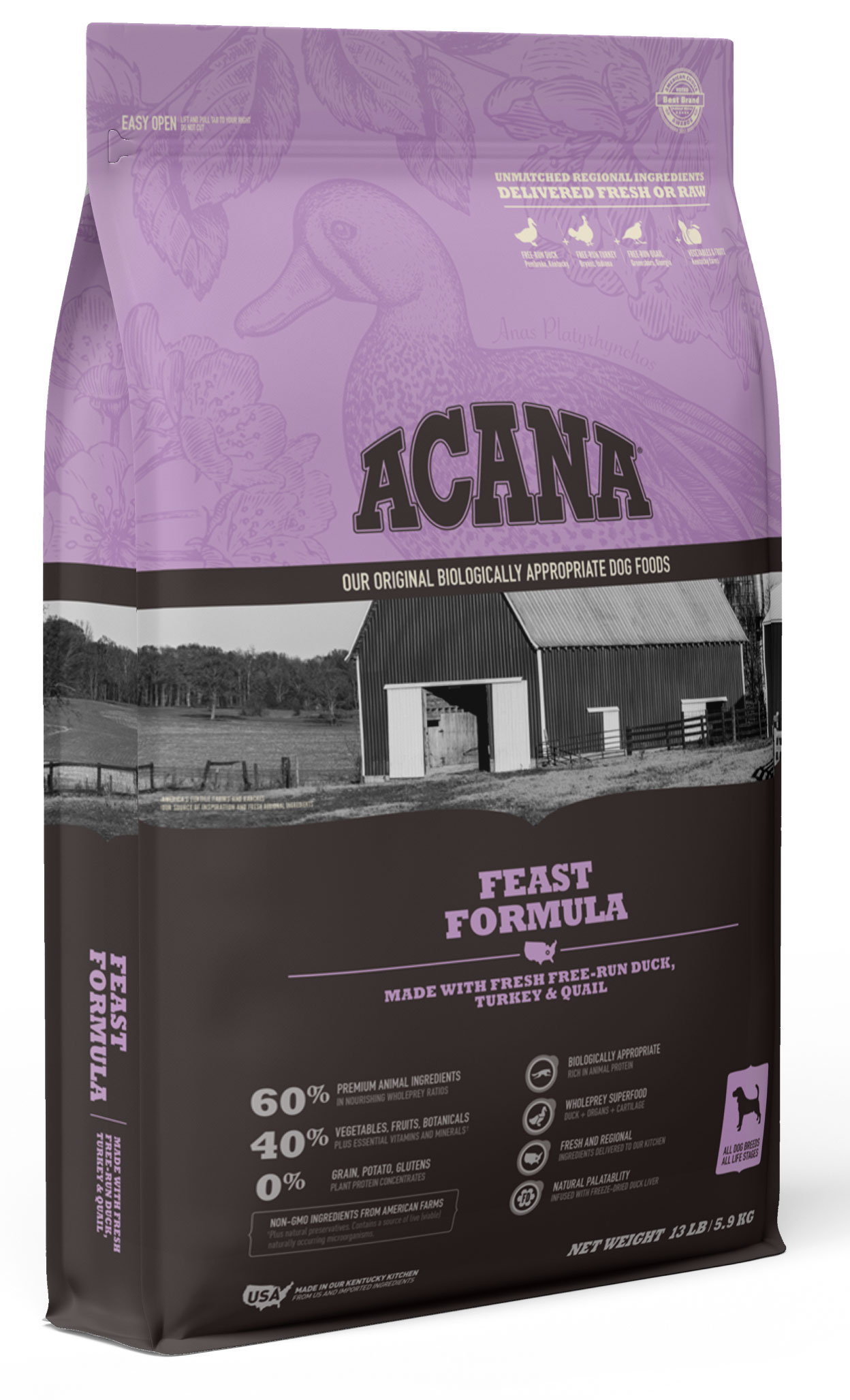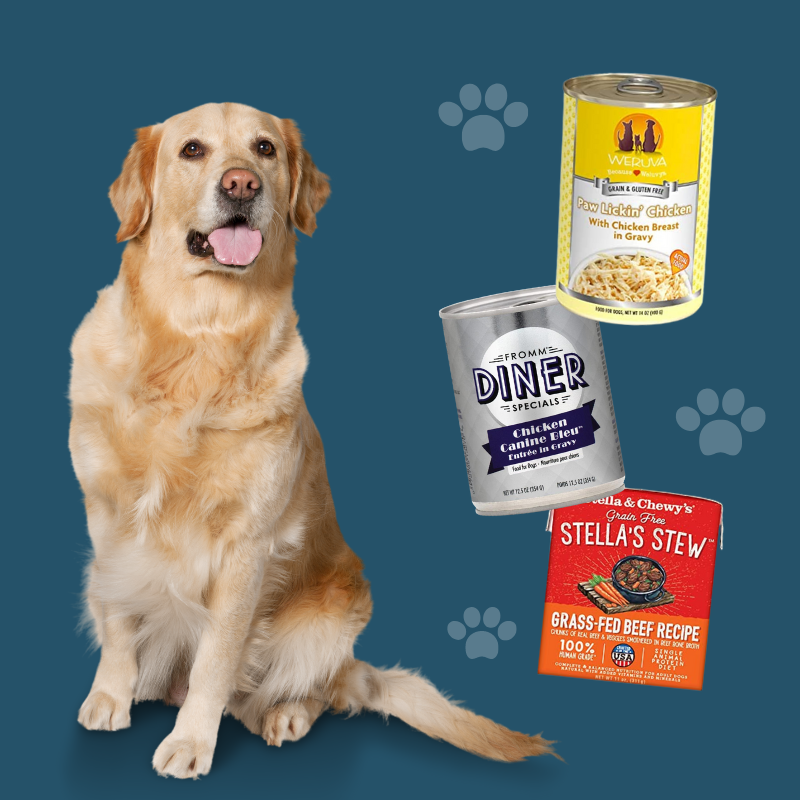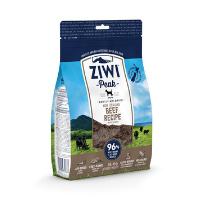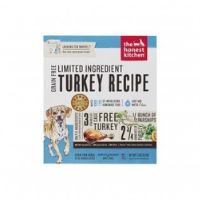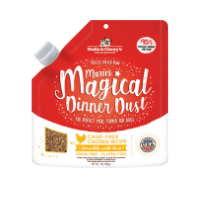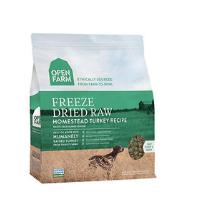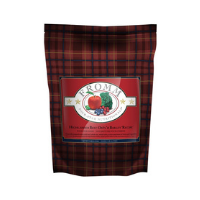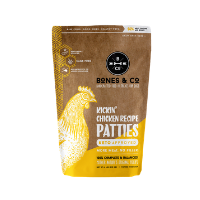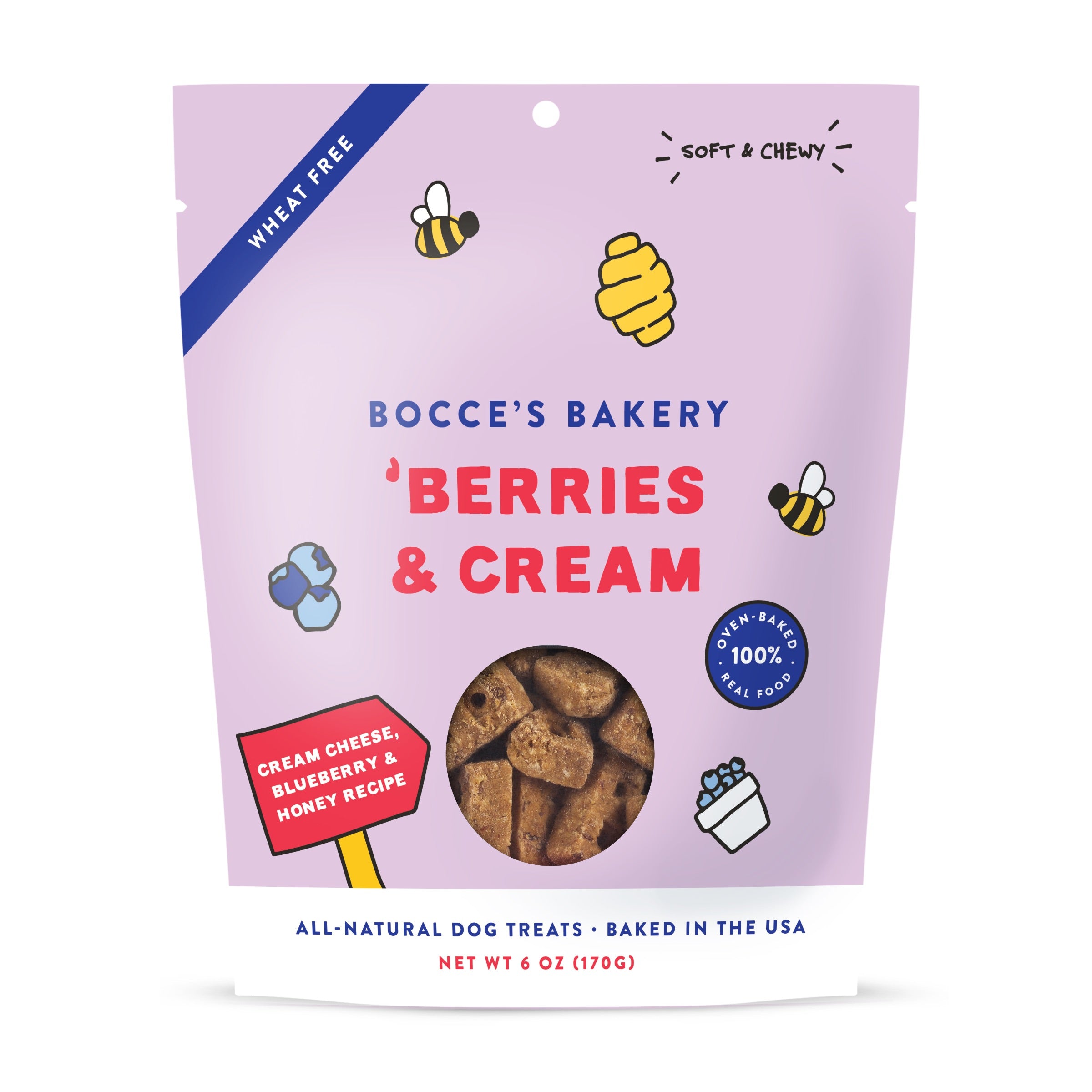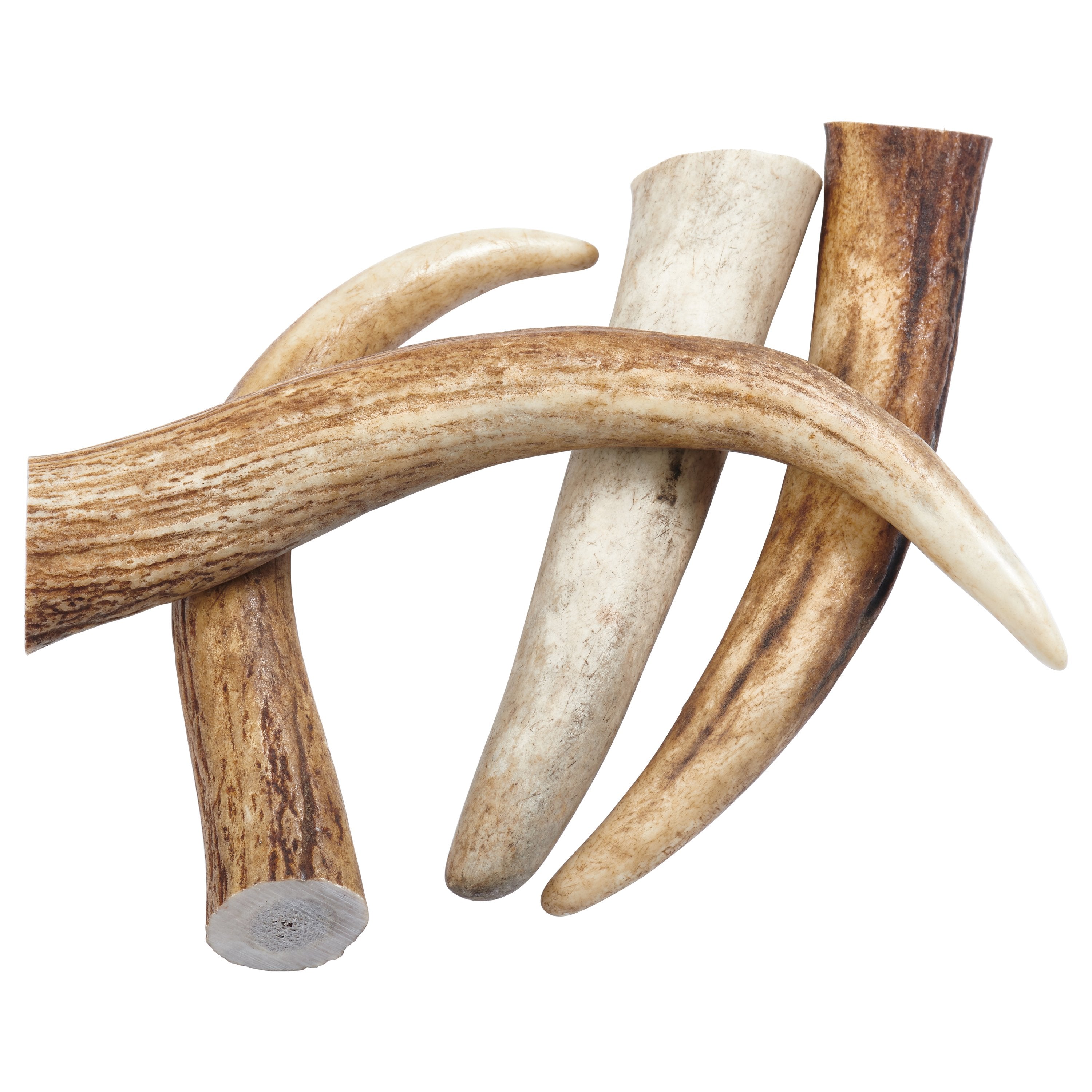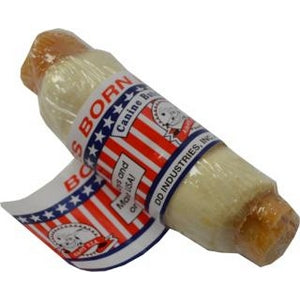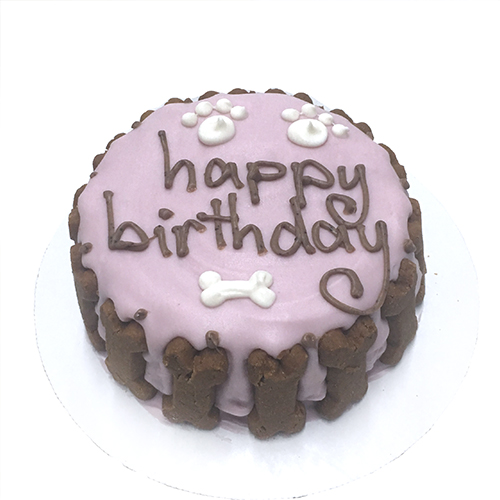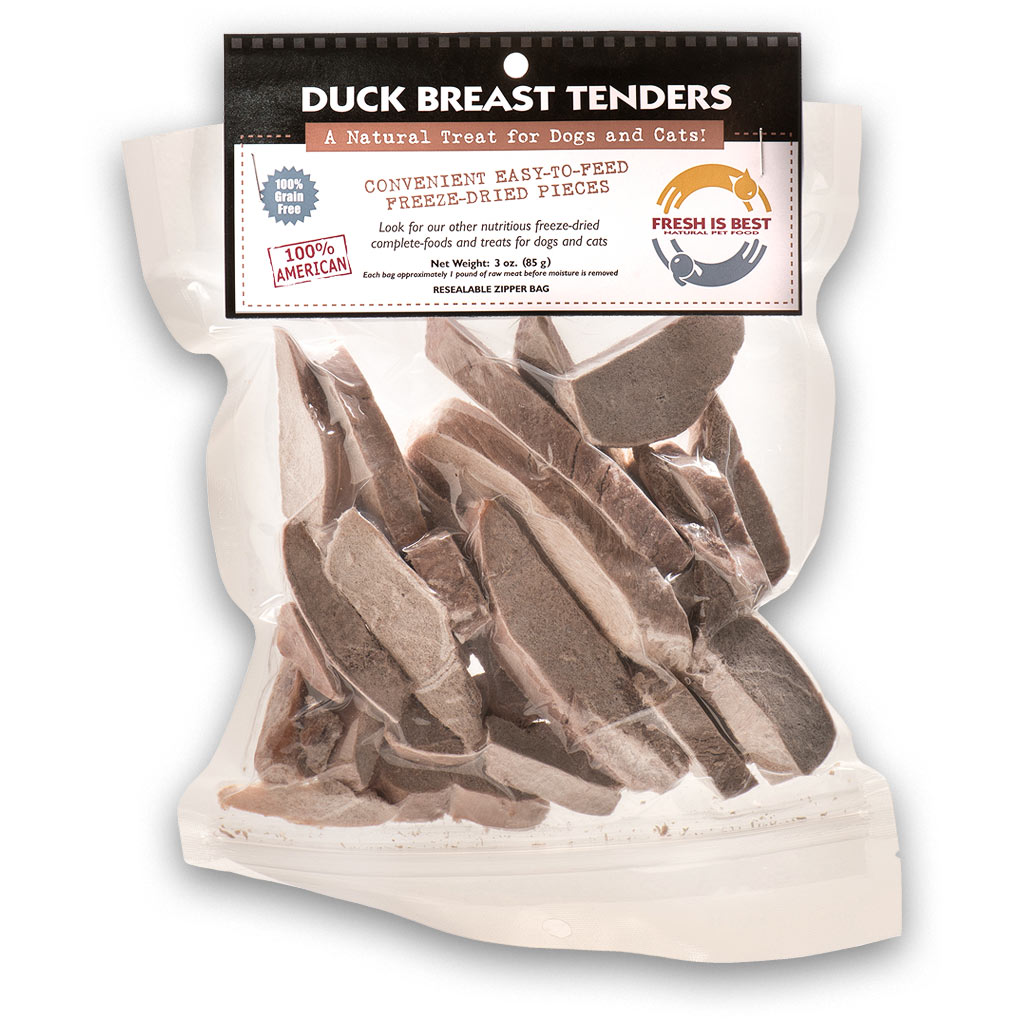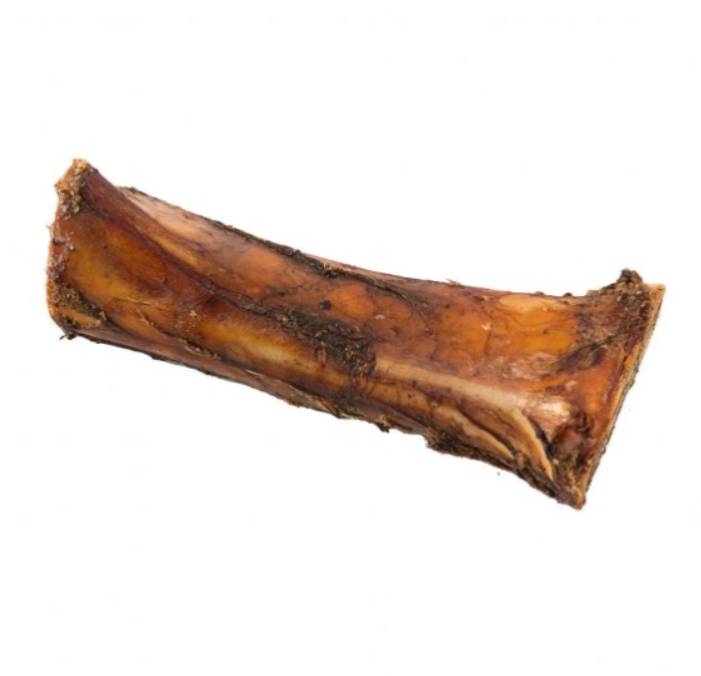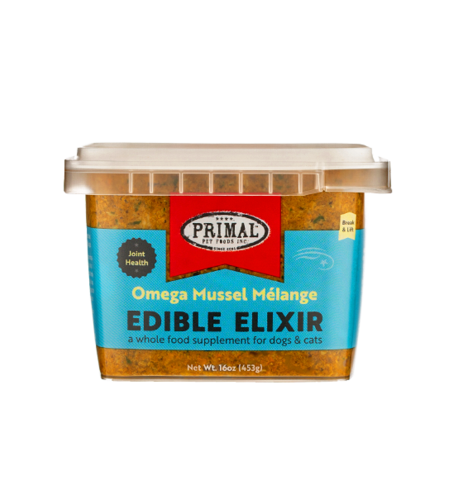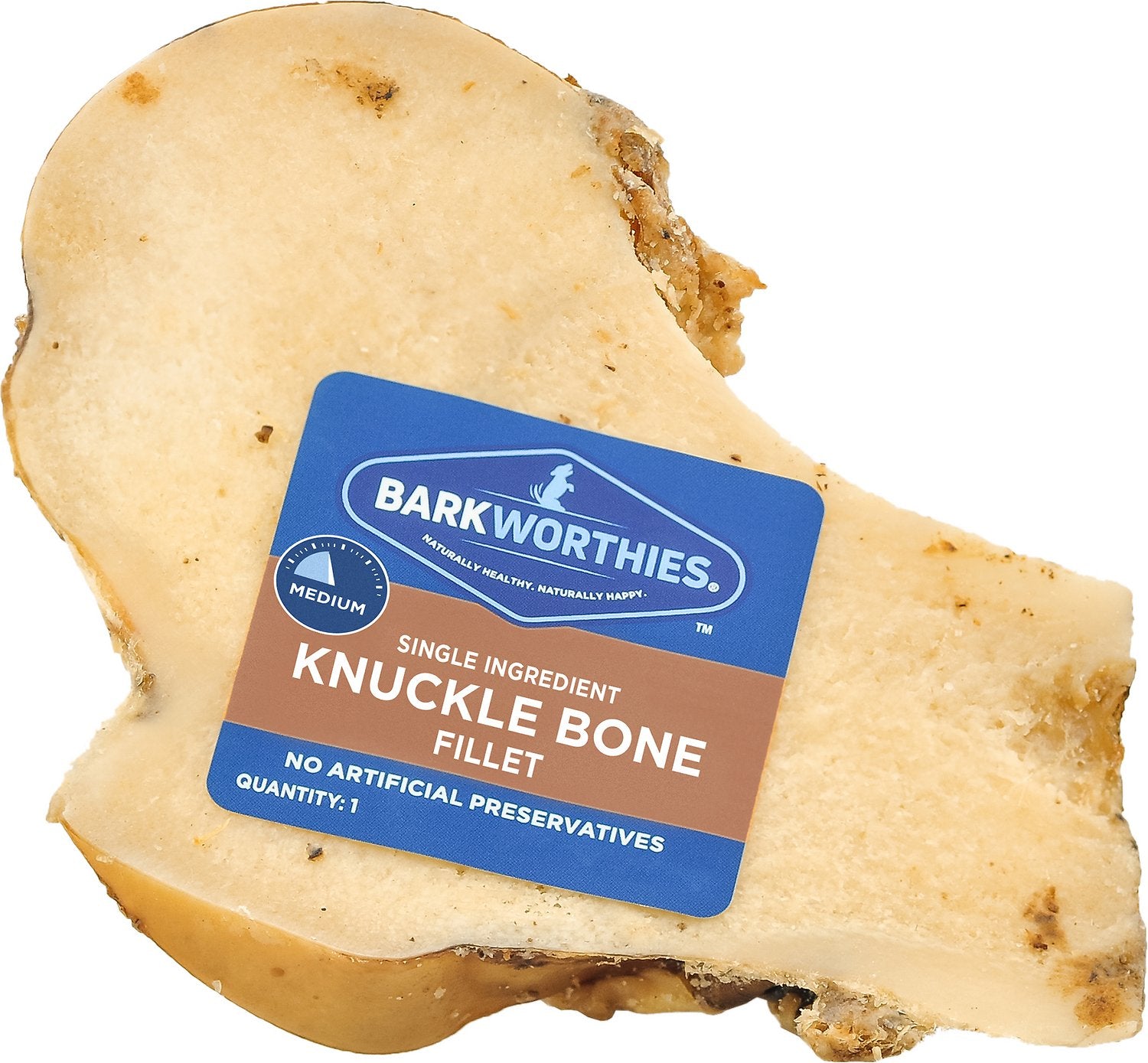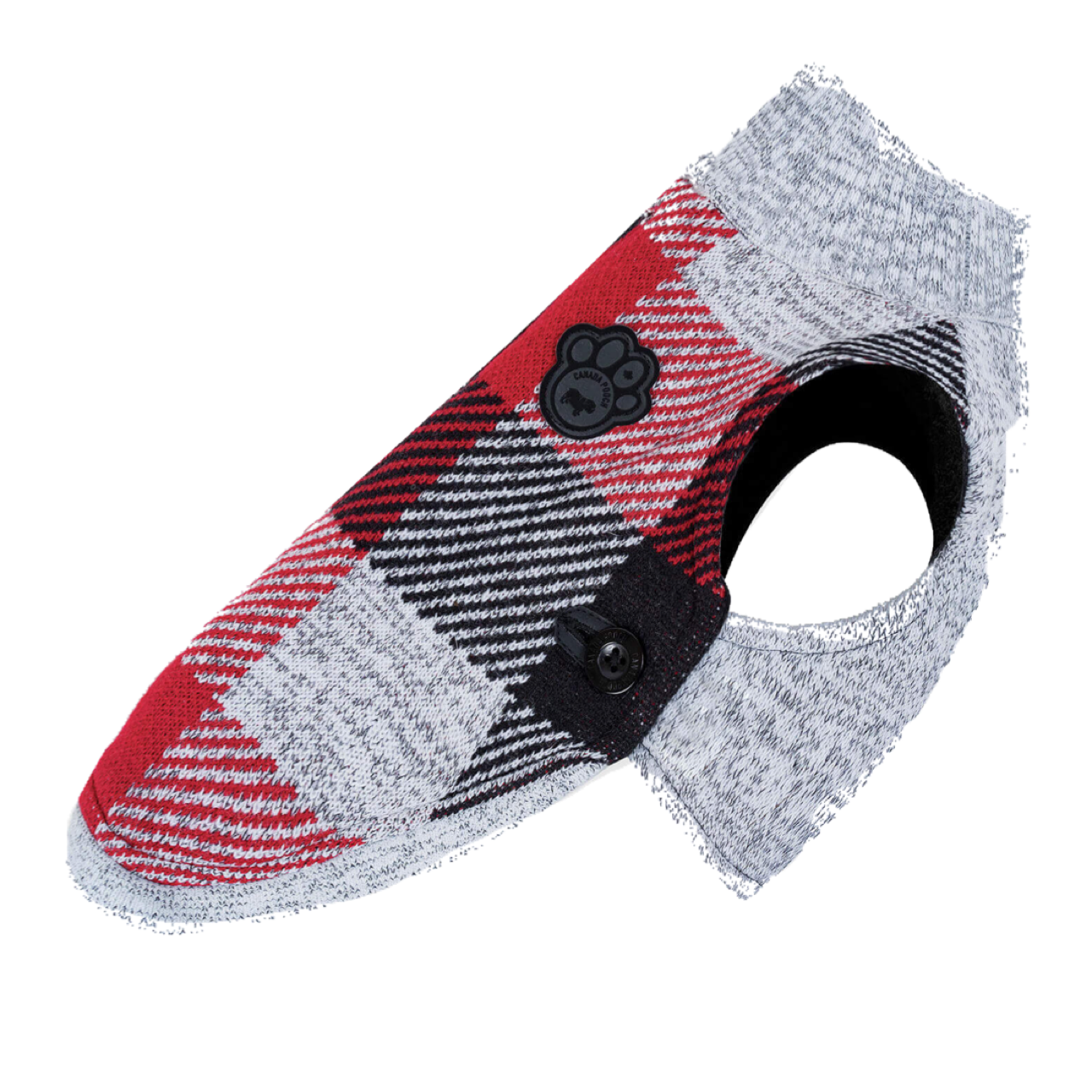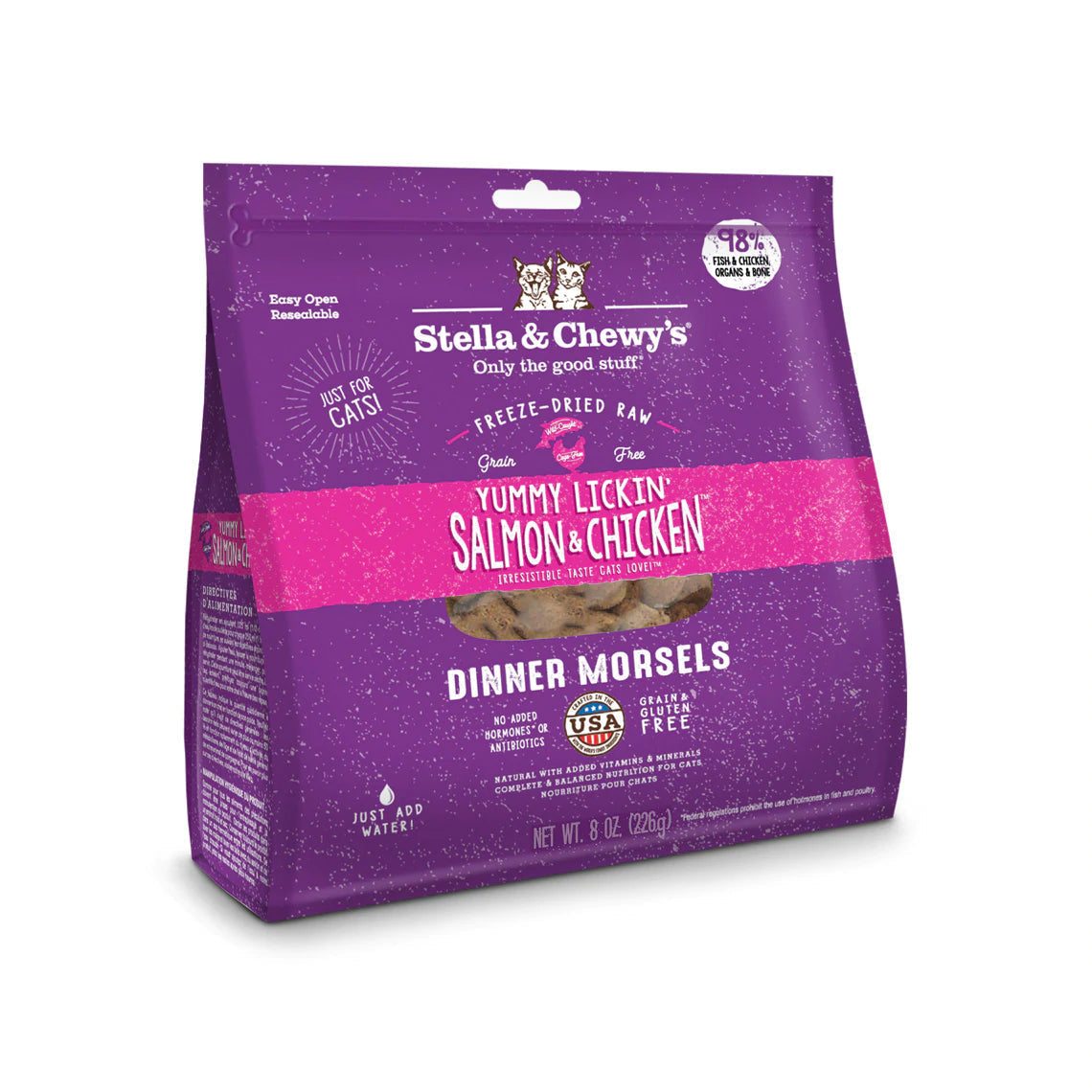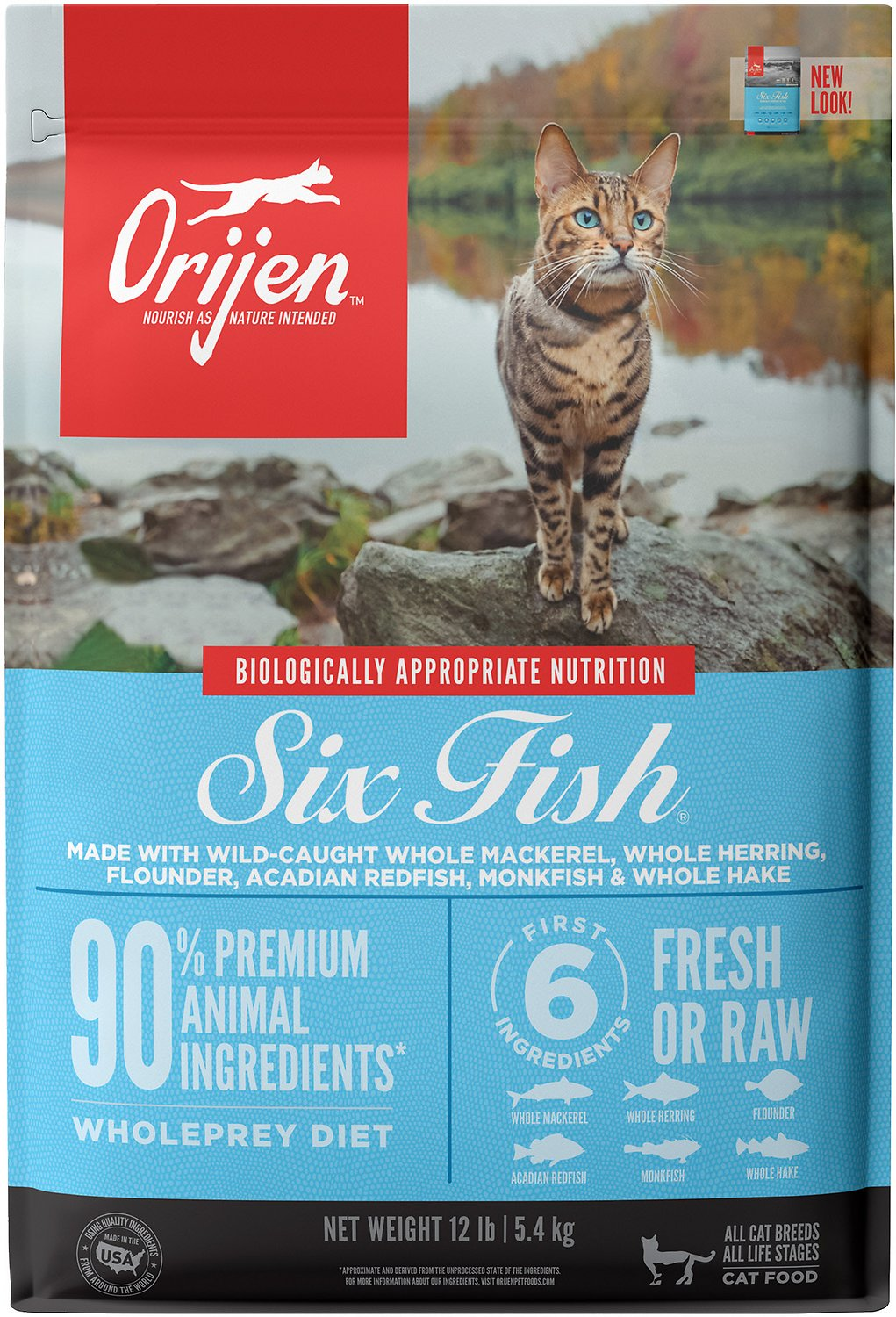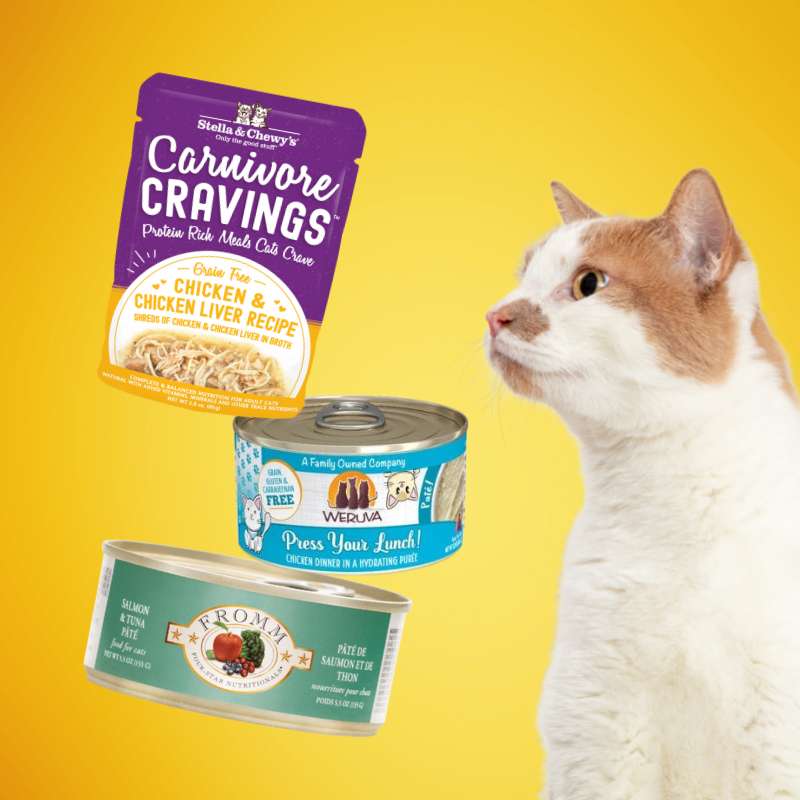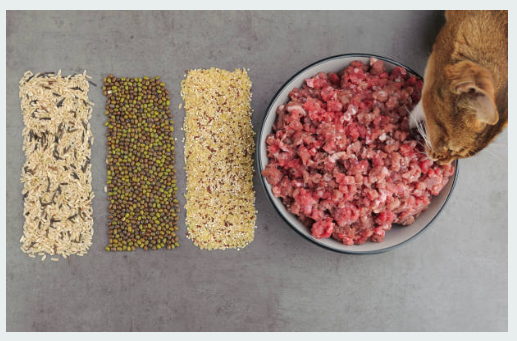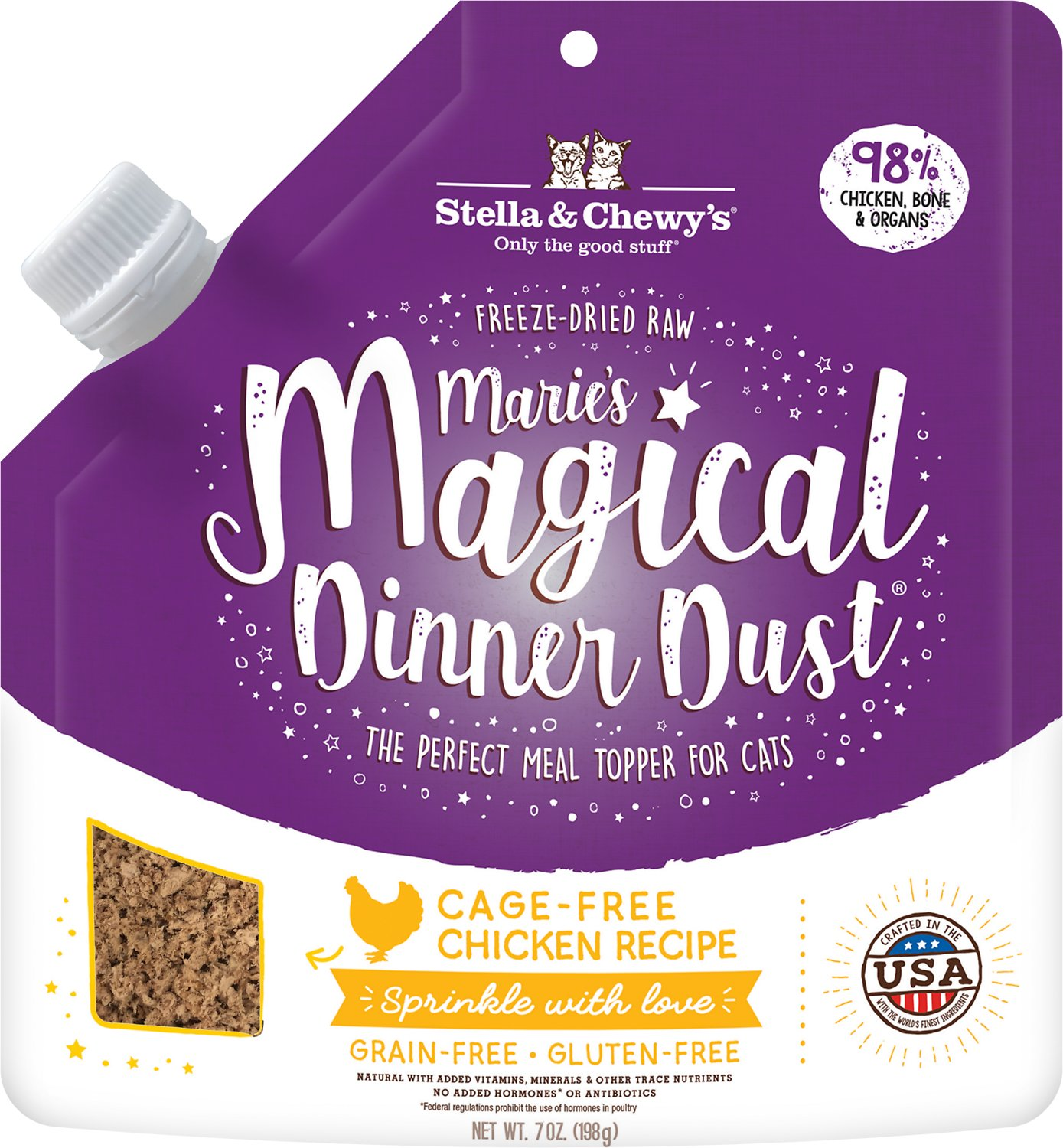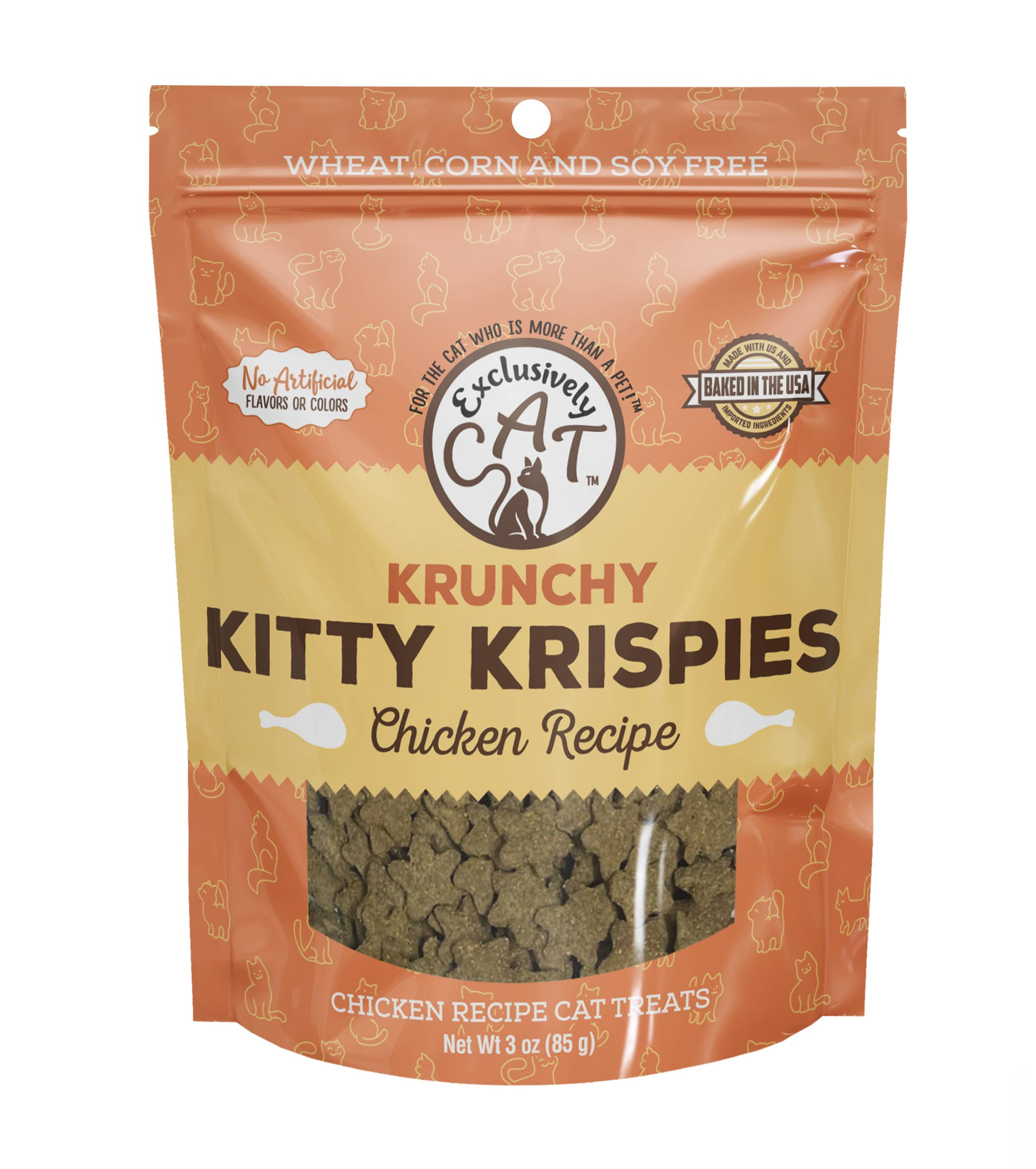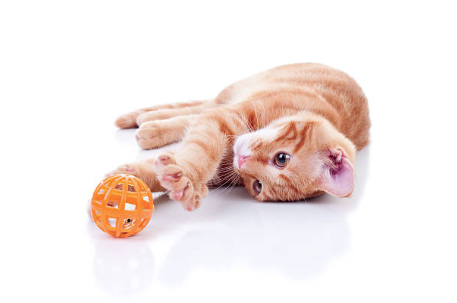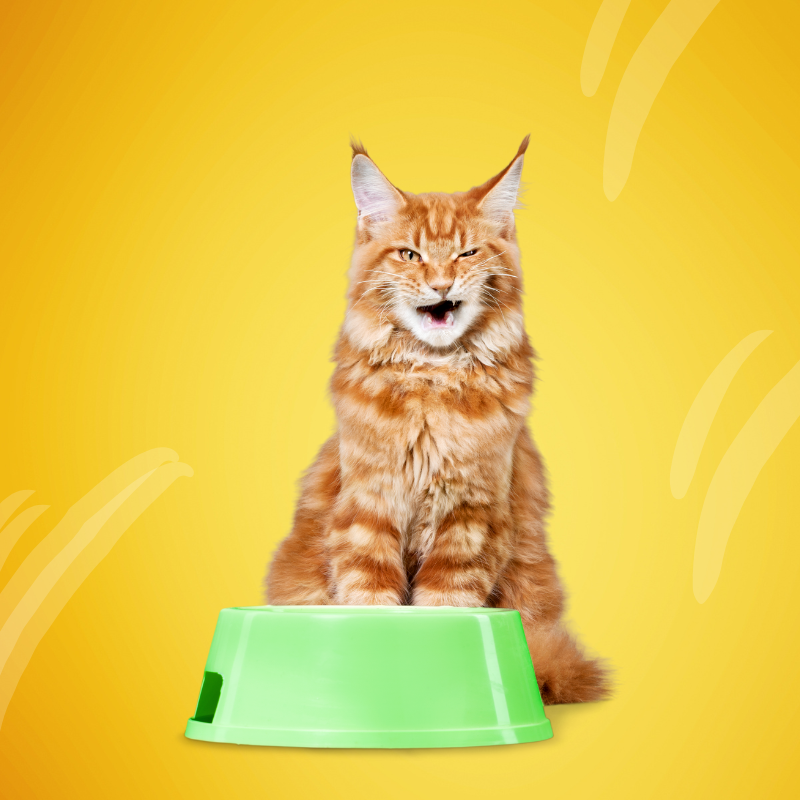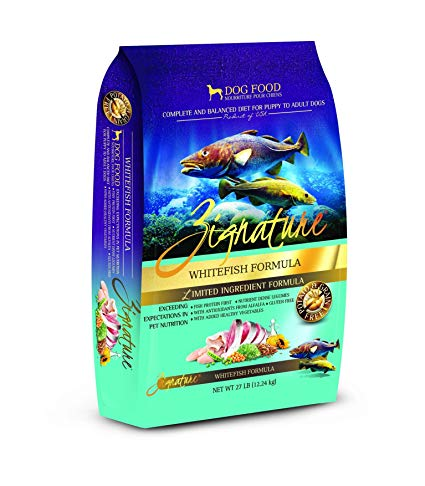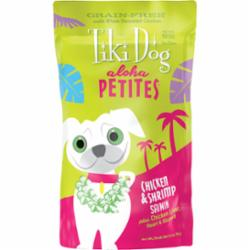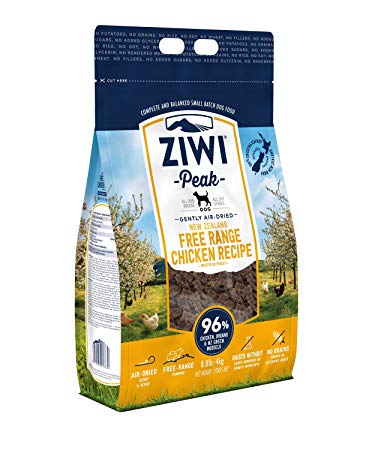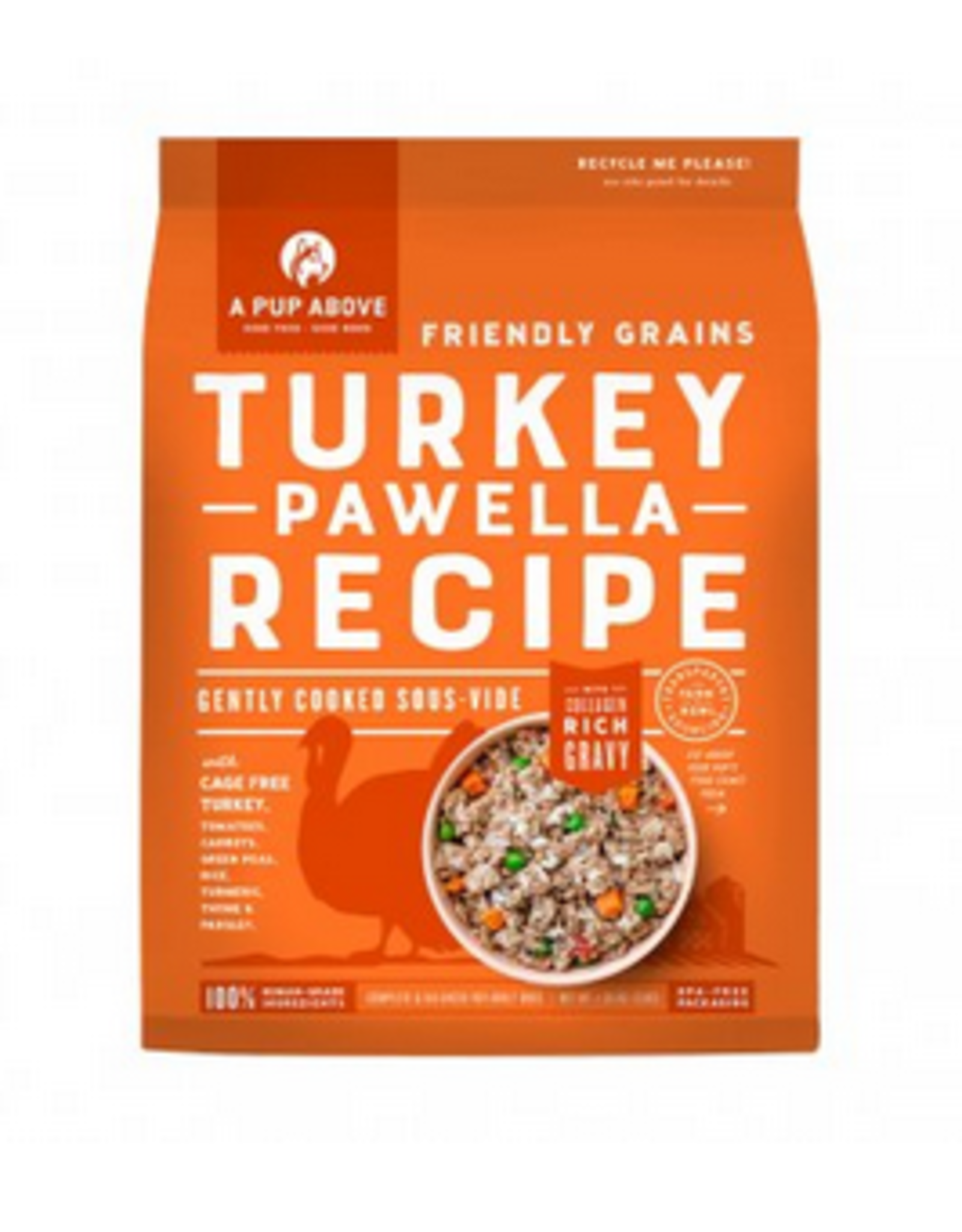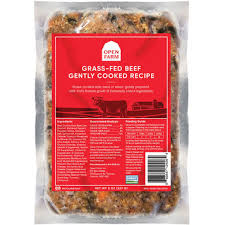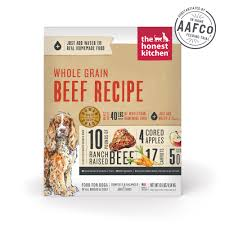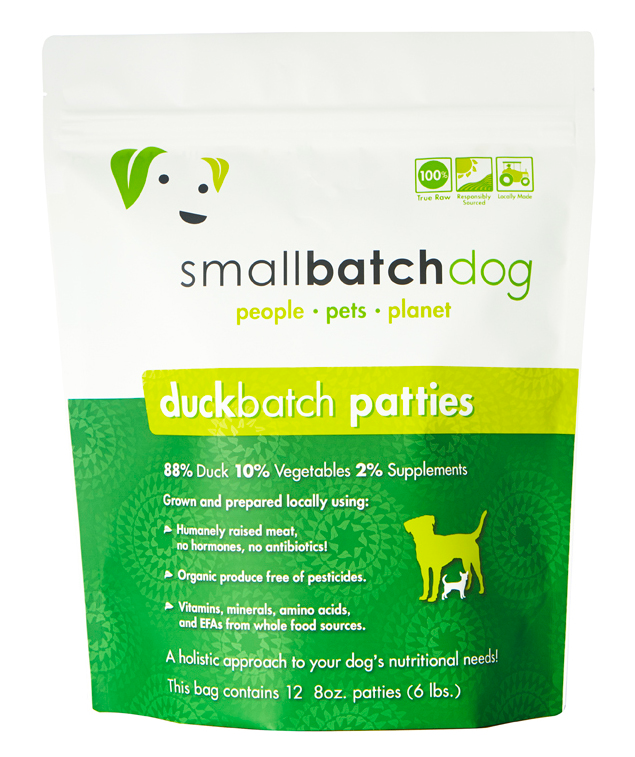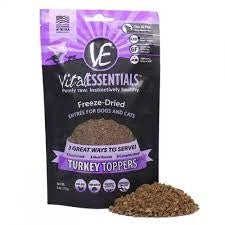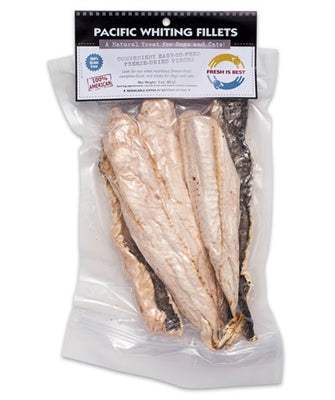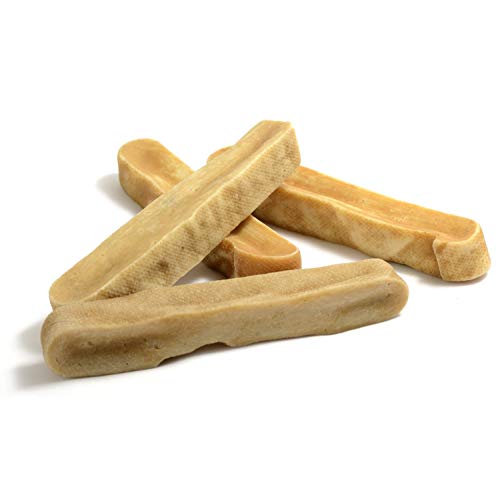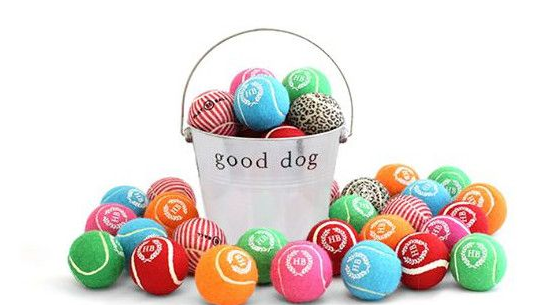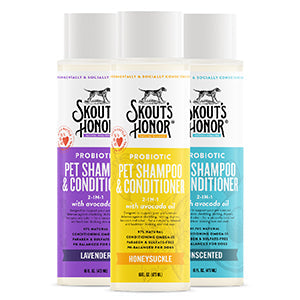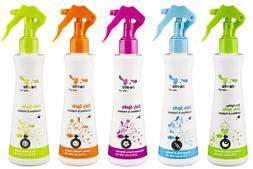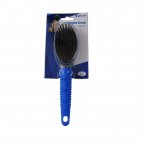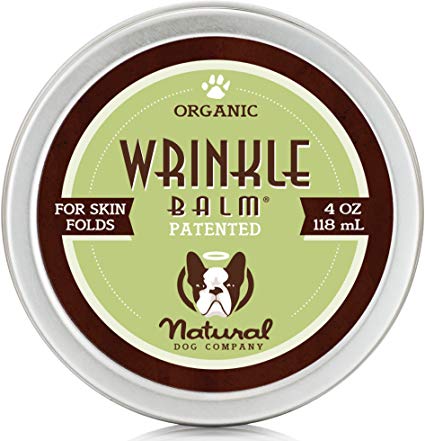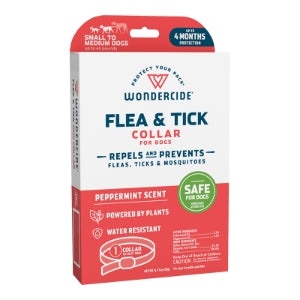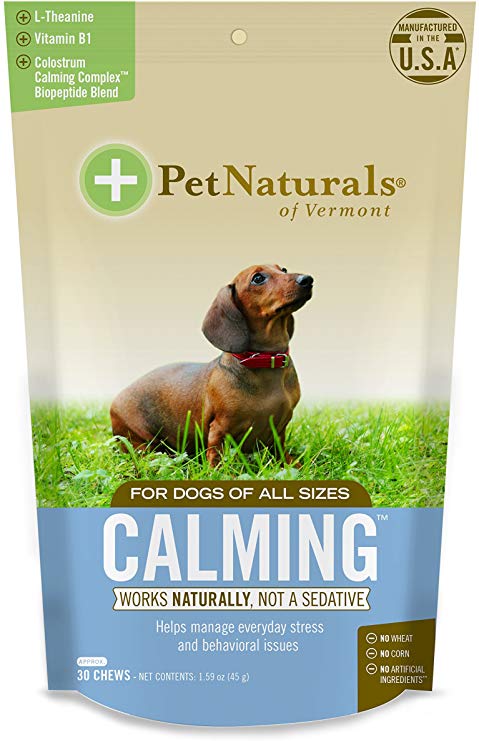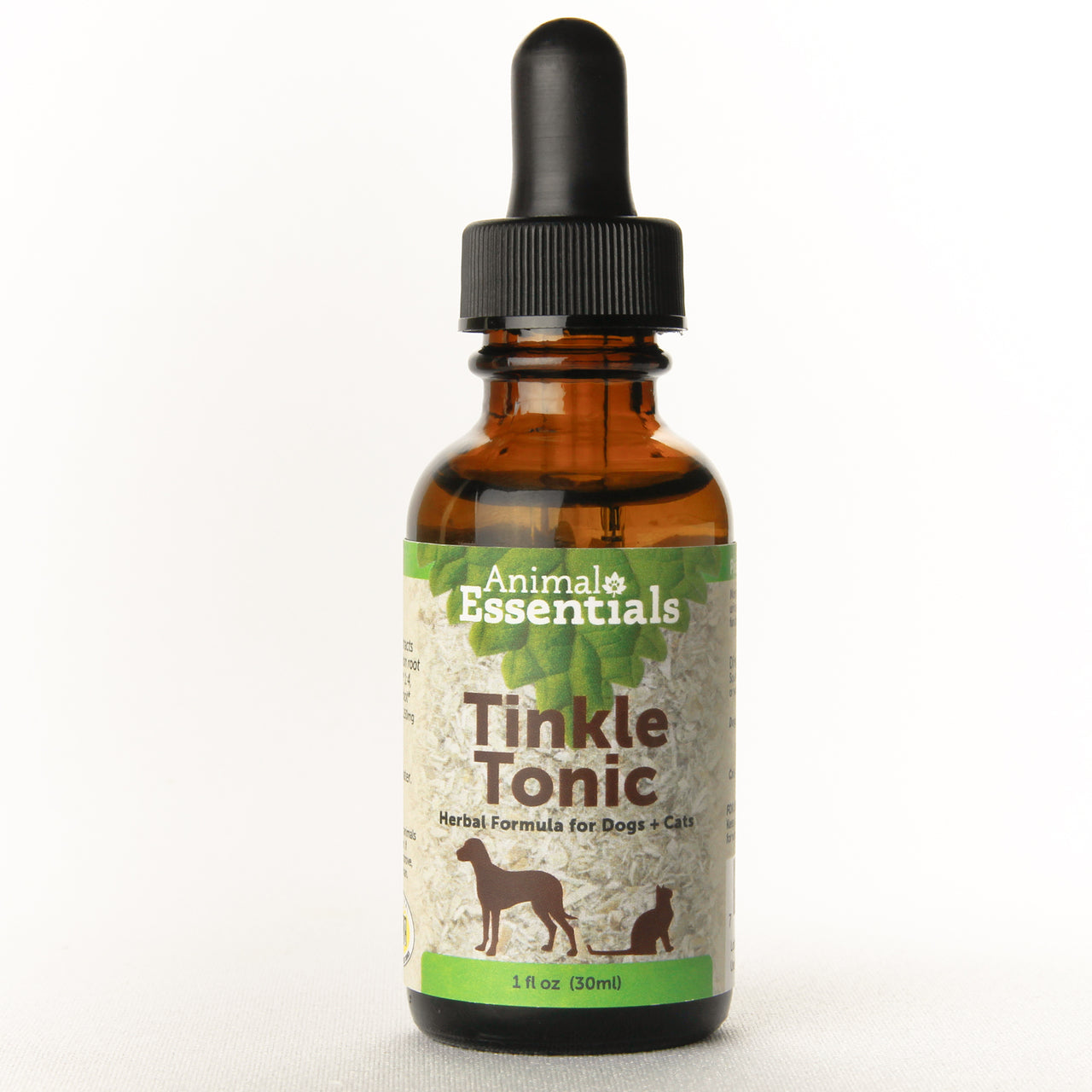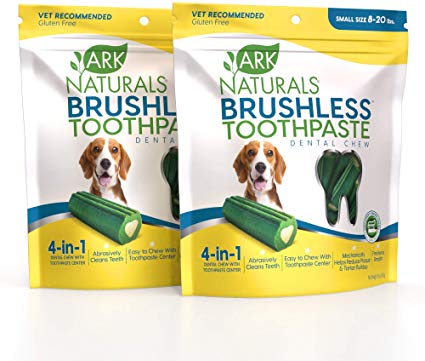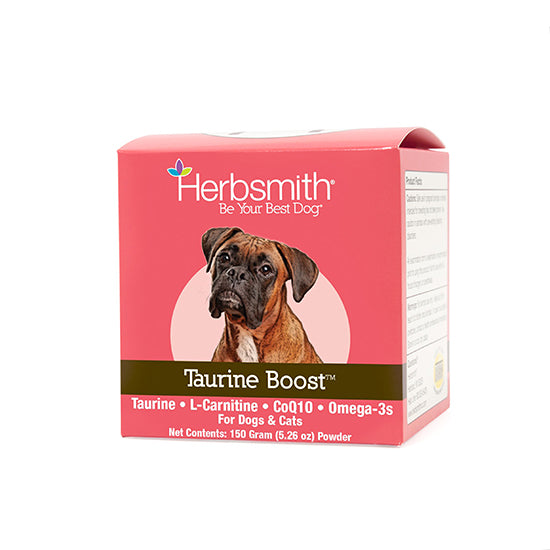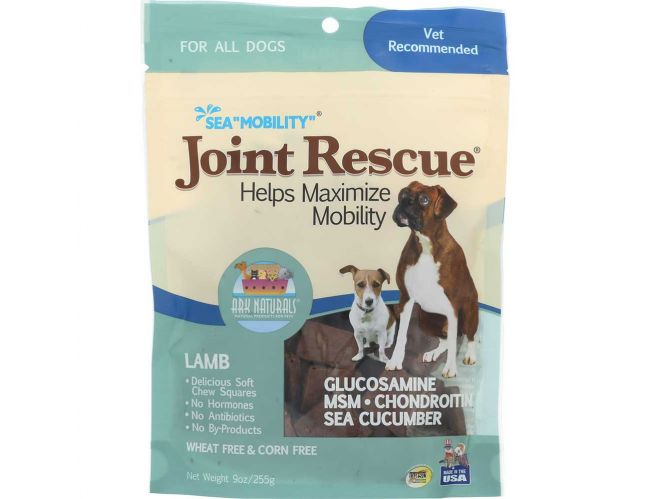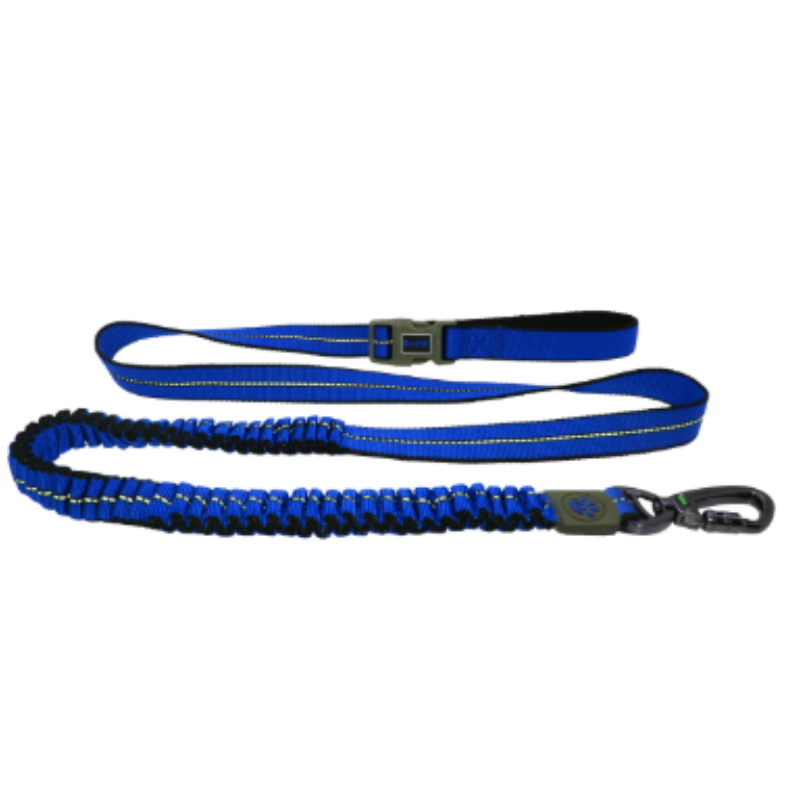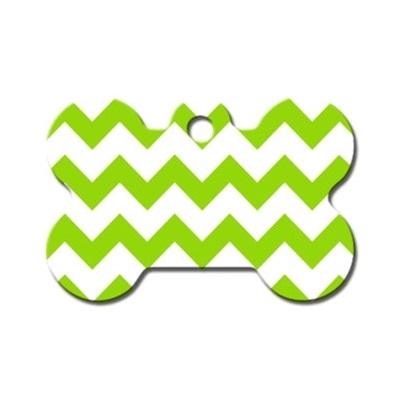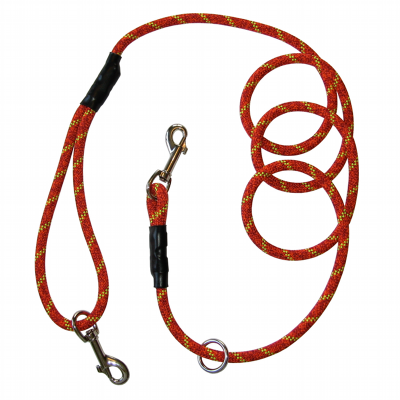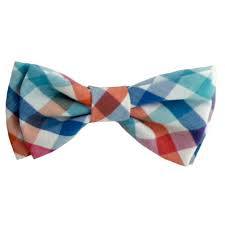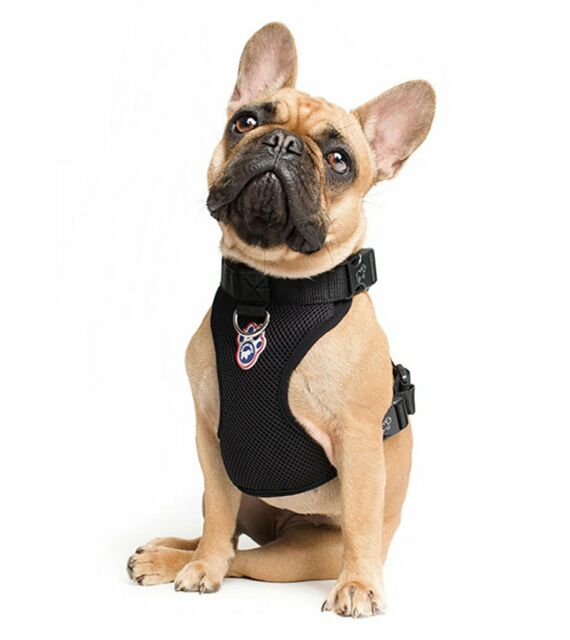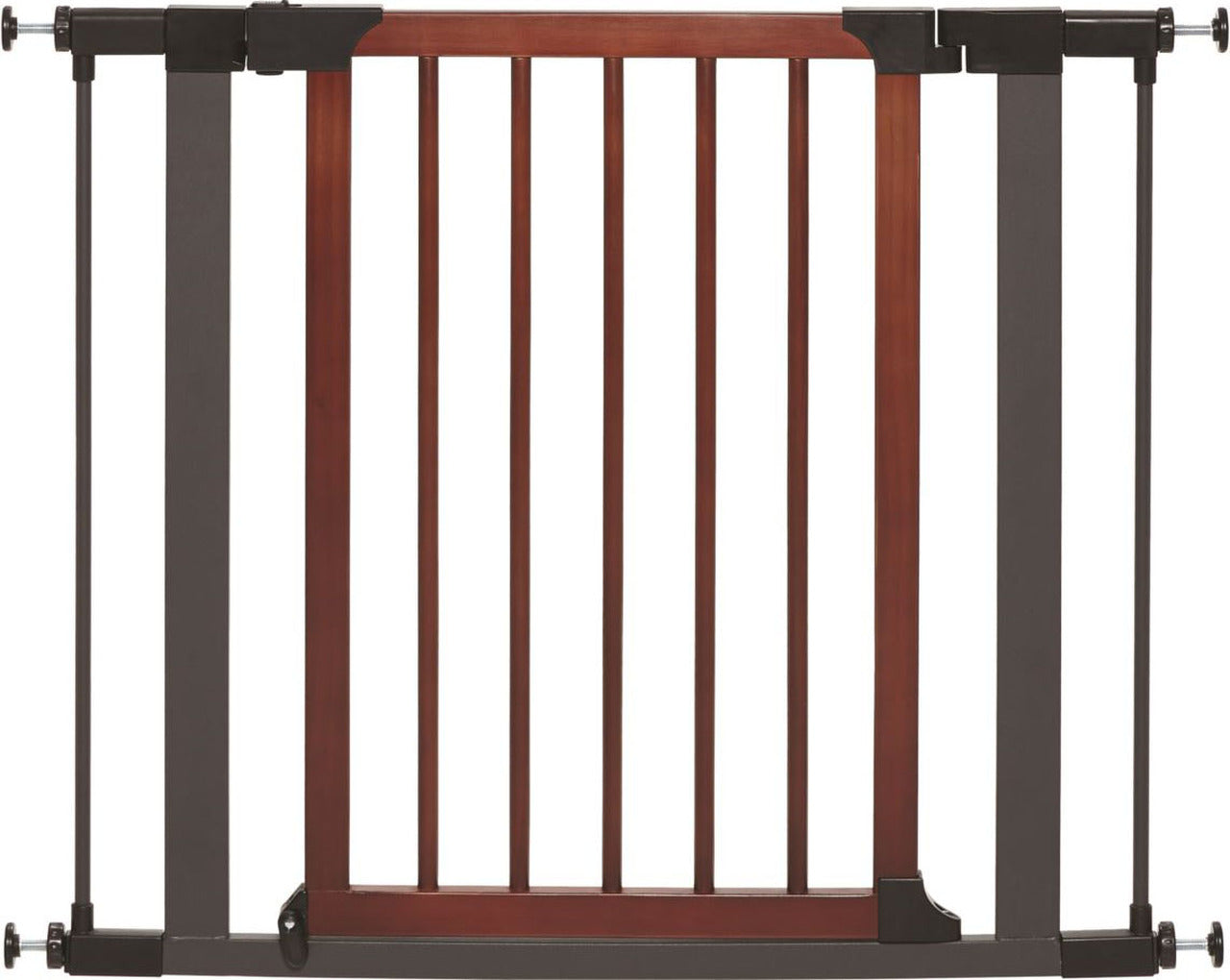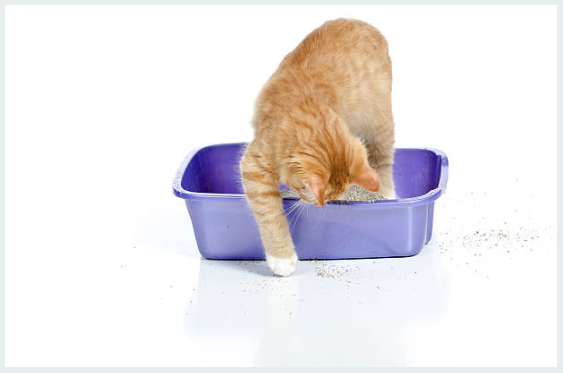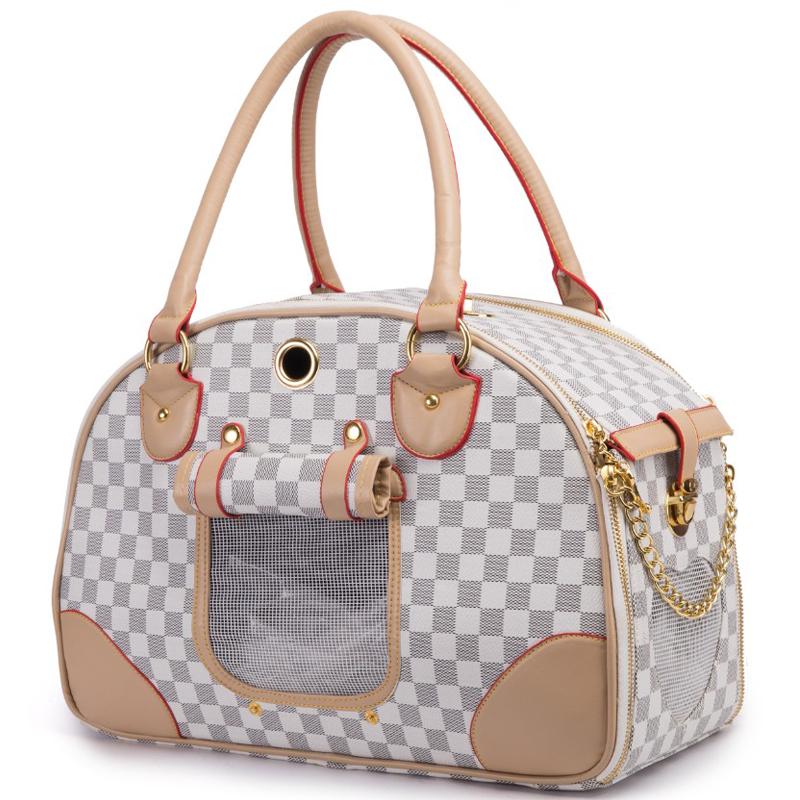There are a lot of myths out there about what we should be feeding our feline companions but we've done our research and we can positively say that grain in a cat's dry food diet is absolutely unnecessary and may even be harmful. Here's why:
Cats are inherent carnivores. Their bodies are meant to digest a high protein, low fat/carb diet. If left to her own devices, your cat would not hunt brown rice, oatmeal or corn. She would hunt animals and not only eat the animal's meat, but the it's beak, feet and eyes. The very little plant protein that the cat would consume might come from the seeds or roughage that can be found in the stomach of a bird or mouse. THAT'S IT. A cat's body just isn't designed by nature to process high amounts of plant protein and/or carbohydrates from grain. In fact, high amounts of processed grains can actually trigger allergies, be a cause of urinary tract issues, diabetes and cancer in a cat, just like it can in humans. Worried about them getting enough fiber without grain? Add a small amount of fresh veggies or canned pumpkin to their meal once a day.
If you do decide to feed your cat a dry food diet, read the ingredient label before you buy. If you see any kind of grain by-products or ingredients like rice, oatmeal, corn or barley, the food is NOT grain free. Most packages will usually say right on the front if the food is grain free or not. And while maybe your cat is doing "fine" on a diet with grain now, the long-term effects can be devastating to your her health. Fromm has several great grain free dry food recipes that you can easily rotate for your cat to get the variety that she craves.



